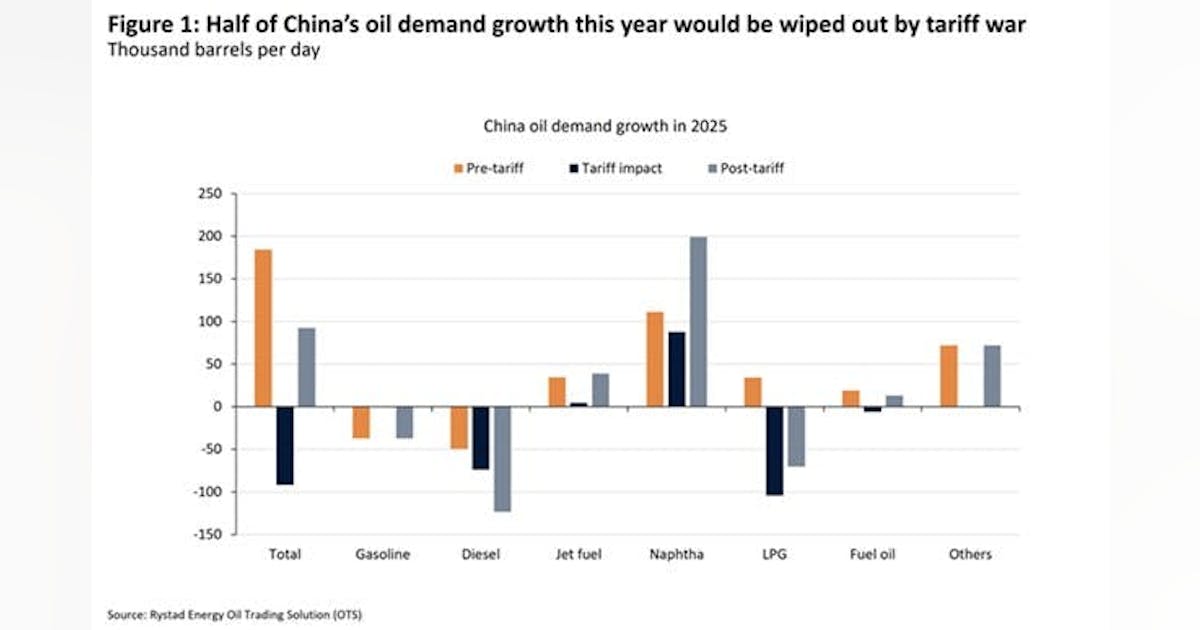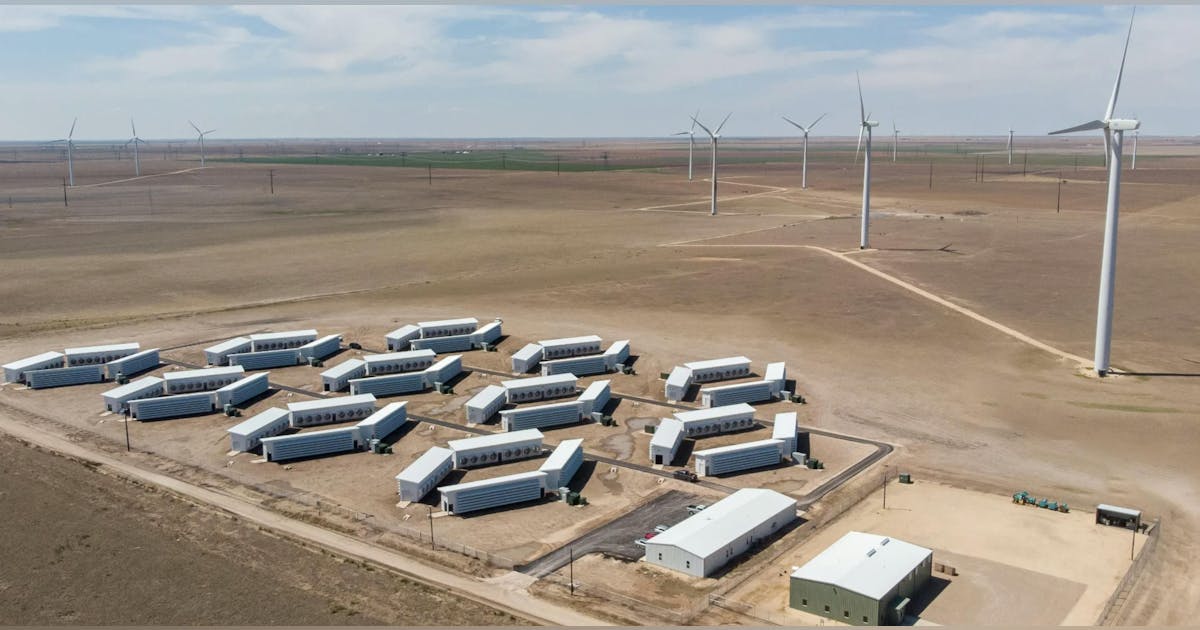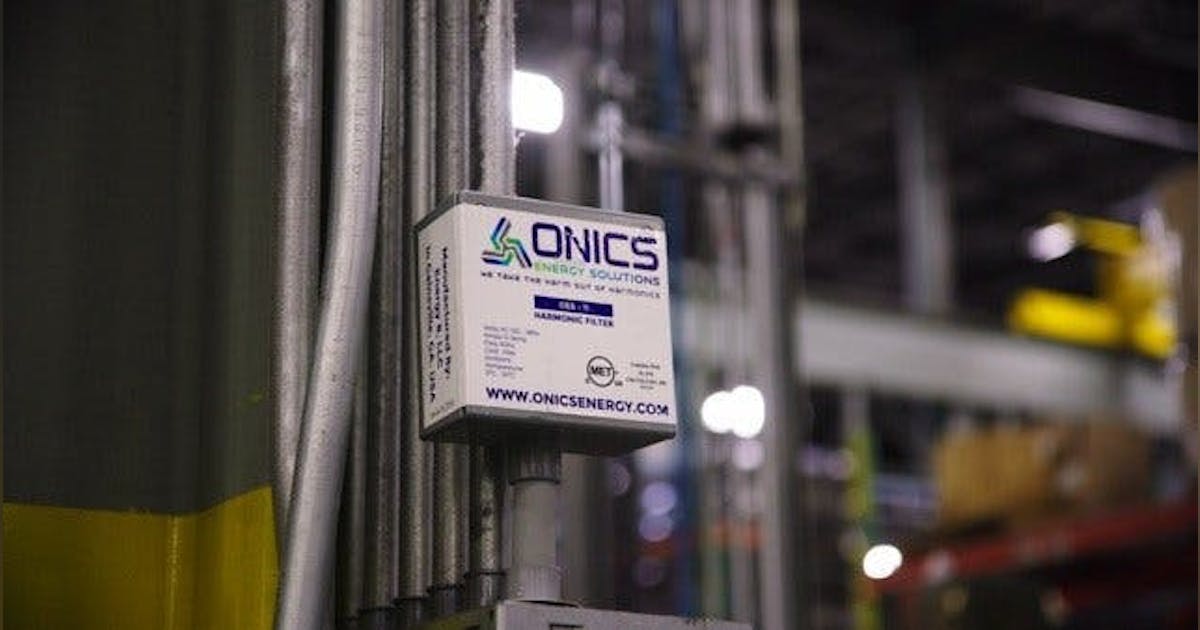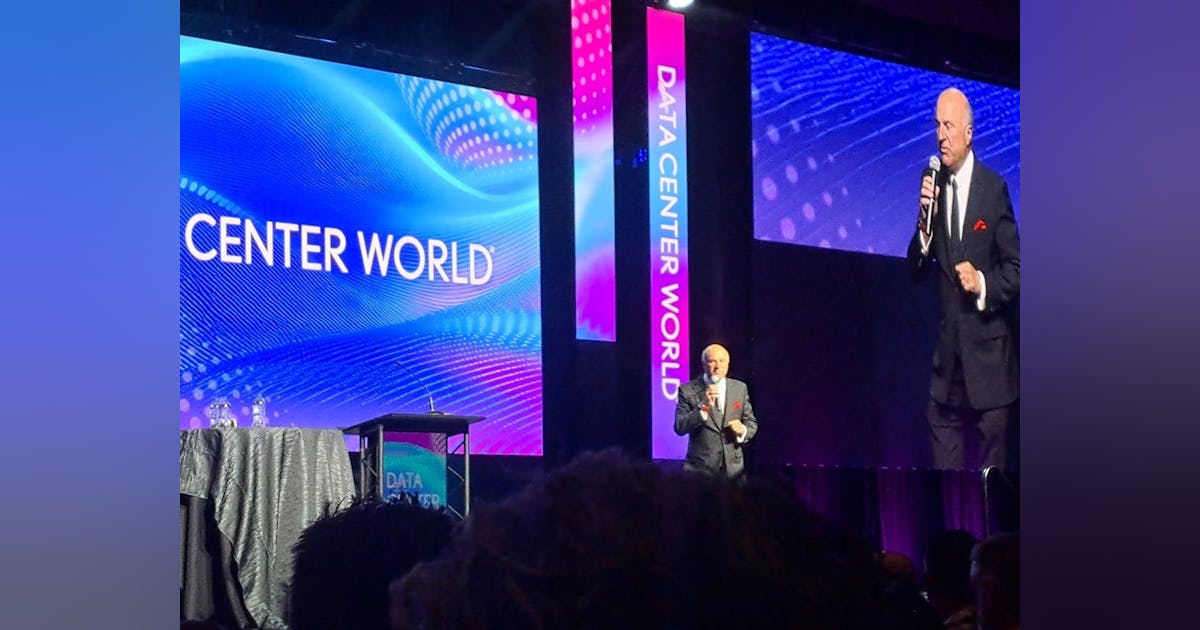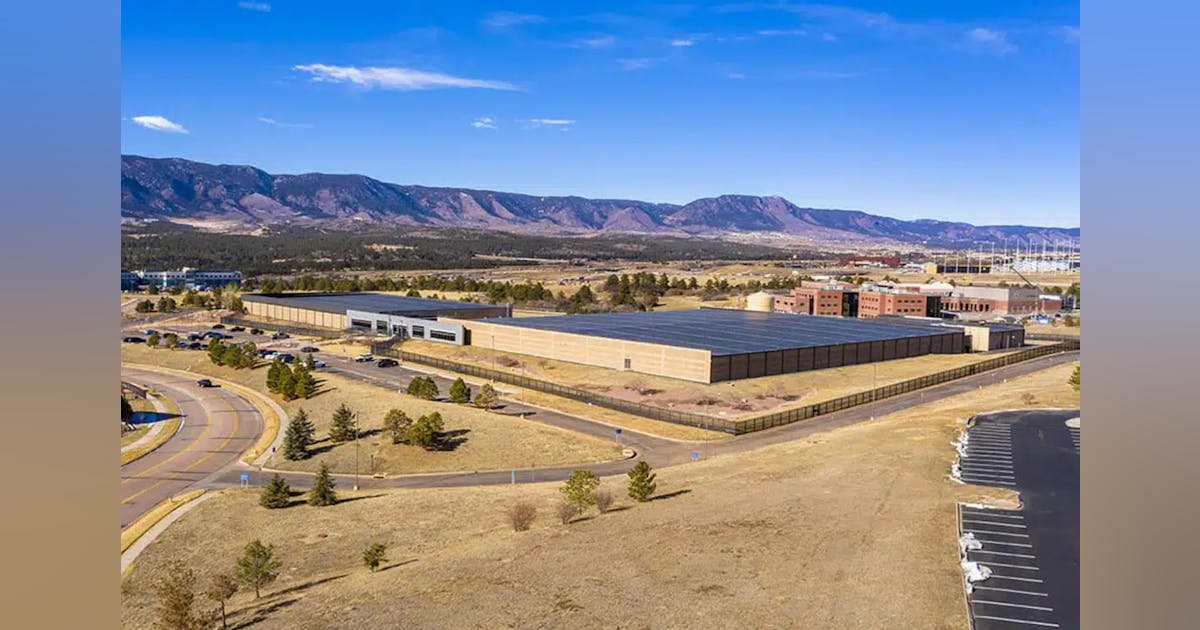
Even as states work on legislation to limit data center development, it is clear that some locations are looking to get a bigger piece of the huge data center spending that the AI wave has created.
It appears that politicians in Colorado took a look around and thought to themselves “Why is all that data center building going to Texas and Arizona? What’s wrong with the Rocky Mountain State?” Taking a page from the proven playbook that has gotten data centers built all over the country, Colorado is trying to jump on the financial incentives for data center development bandwagon.
SB 24-085: A Statewide Strategy to Attract Data Center Investment
Looking to significantly boost its appeal as a data center hub, Colorado is now considering Senate Bill 24-085, currently making its way through the state legislature. Sponsored by Senators Priola and Buckner and Representatives Parenti and Weinberg, this legislation promises substantial economic incentives in the form of state sales and use tax rebates for new data centers established within the state from fiscal year 2026 through 2033.
Colorado hopes to position itself strategically to compete with neighboring states in attracting lucrative tech investments and high-skilled jobs. According to DataCenterMap.com, there are currently 53 data centers in the state, almost all located in the Denver area, but they are predominantly smaller facilities. In today’s era of massive AI-driven hyperscale expansion, Colorado is rarely mentioned in the same breath as major AI data center markets.
Some local communities have passed their own incentive packages, but SB 24-085 aims to offer a unified, statewide framework that can also help mitigate growing NIMBY (Not In My Backyard) sentiment around new developments.
The Details: How SB 24-085 Works
The bill, titled “Concerning a rebate of the state sales and use tax paid on new digital infrastructure assets purchased in connection with an eligible data center,” underscores a clear intent to strengthen Colorado’s digital infrastructure and economic resilience. The state legislature highlights data centers’ role in fostering innovation, increasing productivity, and generating substantial economic activity, which is critical for future sustainable growth.
Under the provisions of SB 24-085, eligible data centers, which are defined as facilities that create at least 20 full-time jobs, must bring in a minimum of $100 million in new investment, and reach at least three megawatts of electric load.
If these thresholds are met, companies can claim rebates for the sales and use taxes paid on construction materials and equipment used in their construction or operation. Eligible items range from servers and networking gear to cooling, security, and water conservation systems.
To claim these benefits, companies must obtain certification from the Colorado Office of Economic Development (OED), verifying the center’s eligibility. This certification process will involve submission of extensive documentation and proof of meeting the outlined criteria.
The Colorado Economic Development Commission will hold the authority to approve or deny certifications, and there wouild be a cap of certifying up to three eligible data centers annually. This cap is designed to ensure that state resources are allocated to the most strategically valuable projects.
Aligning with the State’s Broader Economic Priorities
The bill further requires stringent economic criteria that the commission must consider before granting certification.
The criteria include evaluating the capital investment required, sales and use taxes abated during initial construction, alignment with state, regional, and local land use, housing, and transit priorities, the scale of local incentives provided, the overall economic health of the state, and competitive comparisons with other states.
It will also assess whether the availability of tax rebates was a substantial deciding factor for companies choosing to locate their projects in Colorado over other states.
Economic Ripple Effects
The incentive scheme is comprehensive, covering an extensive range of construction materials and equipment integral to data center operations, including servers, networking equipment, generators, cooling systems, security systems, and even water conservation systems. This breadth ensures that substantial economic incentives directly address the real and practical needs of data center operations.
Recognizing data centers’ broader economic benefits, the bill cites statistics from the U.S. Chamber Technology Engagement Center, which show that an average data center contributes approximately $32.5 million annually to local economies. It also supports about 157 local jobs, when all collateral employment is included, generating nearly $7.8 million in annual wages and contributing significantly to local tax bases.
The legislation also mandates transparency and accountability through an annual report prepared by the OED and the Department of Revenue. This report, delivered to state finance committees, details information on certified eligible data centers and the amount of rebates granted, fostering transparency around the economic impact and effectiveness of the incentives.
Once certification has been issued, it can be assigned to other parties such as lenders, equity investors, or successor operators, providing additional flexibility that can be critical to financing and maintaining these large-scale capital-intensive projects. Eligible data centers maintain their certified status for ten years from the date of initial investment, safeguarding the long-term economic stability and operational certainty of these facilities.
Major Data Center Developments in Colorado in 2025
While SB 24-085 is still under consideration, 2025 has already seen several data center announcements and expansions that point to growing momentum in Colorado’s digital infrastructure sector.
-
STACK Infrastructure, which established its corporate headquarters in downtown Denver in 2019, has deep roots in Colorado’s technology ecosystem. Located at 1600 Broadway in the city’s central business district, STACK’s headquarters serves as the strategic base for its national operations. The company’s presence in Denver positions it well to take advantage of any future legislative incentives or regional infrastructure momentum.
-
QTS Realty Trust finalized land acquisition in Aurora for a potential hyperscale campus, marking its first entry into the Colorado market. While no construction has begun, the company cited regional power availability and tax policy developments as critical to its long-term strategy.
-
CoreSite (an American Tower company) added a new build-to-suit project adjacent to its DE1 facility in downtown Denver, expected to serve AI startup clients with high-density workloads requiring liquid cooling infrastructure.
-
Switch and Meta have been rumored to be scouting northern Colorado sites, although no projects have been confirmed. Analysts believe Meta’s interest is contingent on passage of SB 24-085.
- Novva Data Centers operates a facility in Colorado Springs, Colorado, featuring 122,000 square feet of data hall space and 55,000 square feet of office space. The facility utilizes ambient air and waterless cooling systems and is aligned with LEED design principles. In 2023, Novva implemented an updated electrical control system at this location, resulting in annual energy savings exceeding 2 million kWh.
These developments signal a shift in perception: Colorado is no longer viewed solely as a secondary or edge market but is increasingly being eyed as a legitimate player in the AI infrastructure race—provided the policy environment becomes more supportive.
A Turning Point for Colorado’s Digital Future
Colorado’s approach in SB 24-085 signals a clear strategic direction aimed at significantly bolstering the state’s competitiveness in attracting digital infrastructure investments. The bill aligns closely with state economic priorities, including job creation, energy efficiency, and sustainable growth.
Lawmakers hope these targeted incentives will reverse the trend of data centers favoring states like Virginia, Texas, or Arizona, which historically have offered more attractive economic incentives.
The broader implications of SB 24-085 could be a major step in the digital transformation of Colorado’s economy. It promises not just immediate economic stimulus through construction and operational spending, but sustained employment growth and technological advancement.
The implications of establishing Colorado as a tech hub extend well beyond the immediate vicinity of the data centers, enhancing statewide economic resilience and technological capabilities. The ripple effects—across housing, education, transportation, and the energy grid—could define the state’s economic landscape for decades to come.
If enacted, the legislation could prove instrumental in transforming Colorado into a competitive and attractive destination for major tech corporations and cloud computing giants. This proactive legislative measure seeks to position Colorado prominently on the national map of digital infrastructure, promoting long-term economic vibrancy and innovation, setting a solid foundation for future growth.










